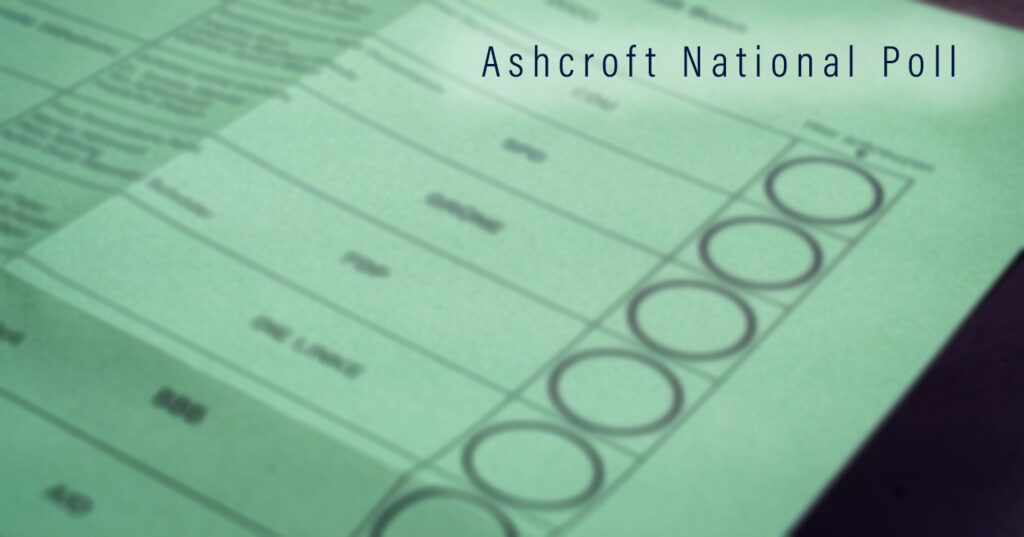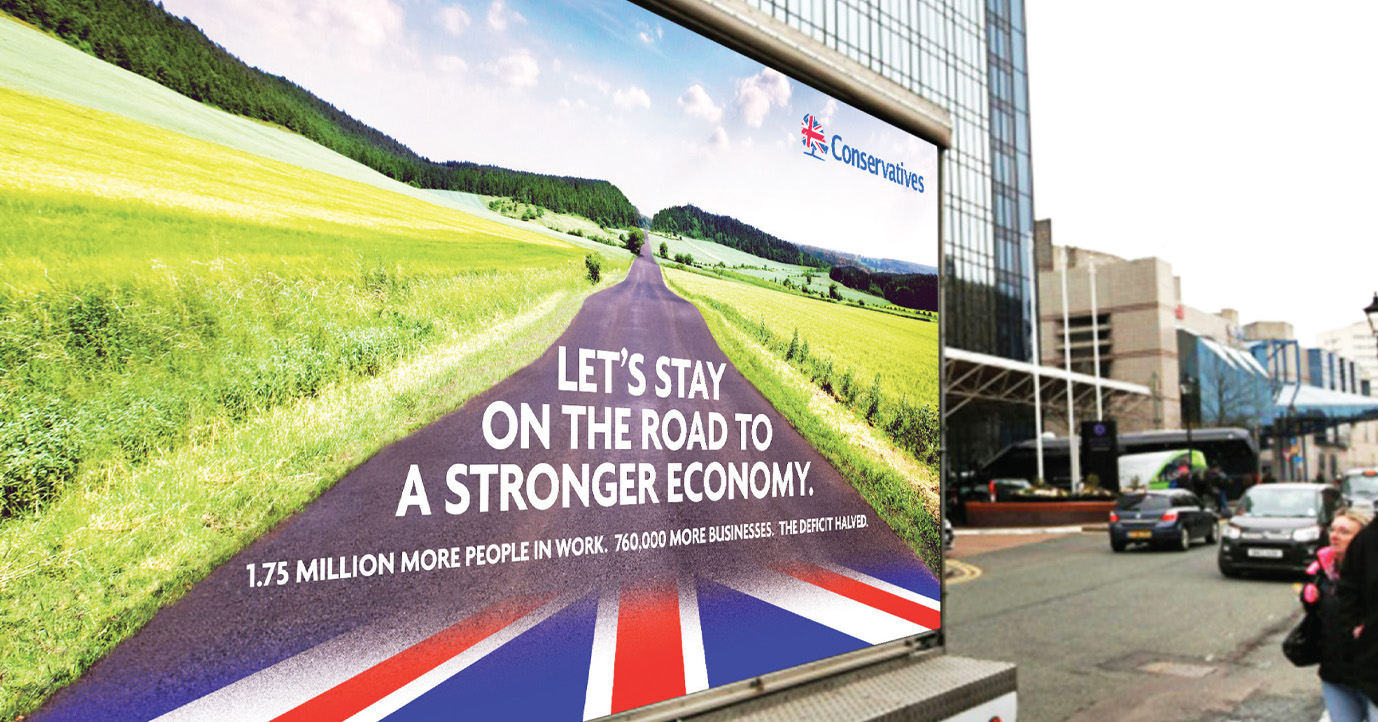
Labour are back in the lead in this week’s Ashcroft National Poll, with the Conservatives falling back to 27% from last week’s score of 33%. Last week I suggested that their boost may have been down to a short-term “Junker effect” as voters approved of the Prime Minister fighting Britain’s corner in Brussels. Such an effect seems to have been short-lived, with the party’s support returning to levels I have found in previous surveys. The wider Labour lead is in line with other surveys published today by Populus (7 points) and over the weekend by Opinium (6 points).
Other parties’ changes are within the margin of error, giving us scores of Conservative 27% (-6%), Labour 34% (+3), Liberal Democrats 11% (+2), UKIP 15% (no change). The Greens are also unchanged on 6%.
As in the first round of the ANP in May, I asked respondents how they rated various parties and politicians. In each case the ratings given were rather lower than two months ago, but the pattern remains similar. David Cameron was the most highly rated leader among voters as a whole, swing voters and (of the established parties) his own supporters. He was also the only leader rated more highly than his party. George Osborne continued to score better than his opposite number.
Though UKIP and Nigel Farage scored the highest ratings of any party or leader among their own supporters – partly, no doubt, because they have not yet had the chance to disappoint them in office – they received among the lowest scores among voters as a whole and swing voters, who either do not know how they will vote or say they may change their mind before election day.
Ed Miliband remains the only party or leader to receive lower ratings among swing voters than among the electorate as a whole.
Finally I tested two propositions that will probably encapsulate the Conservative and Labour campaign messages in the remaining months before election day. The results are very finely balanced. Just under half (49%) agreed that “things have been very difficult for a few years but the right decisions are being made, even if they are not always popular, and we need to continue on the path and see things through”. Meanwhile just over half (51%) agreed that “the decisions made over the last few years have made things in Britain worse, not better, and we need a radical change of direction”.
Notably, men preferred to “see things through” by 54% to 46%, while for women the figures were reversed. Swing voters preferred to continue on the path by the same 8-point margin.
It was also striking that after a week in which Labour have been trying to reassure voters about their economic credentials, nearly three in ten of the party’s voters are open to the argument that the right decisions are being made and Britain should continue on the same path for the next five years.


